Changing Schools from the Top
TC’s Education Leadership program combines theory, research and practice to prepare superintendents and principals to serve all students
By nearly every measure, Mark Anthony Gooden was enjoying an enormously successful academic career. He held the prestigious Margie Gurley Seay Centennial Professorship at The University of Texas-Austin; he had recently completed a term as President of the national University Council for Educational Administration; and he and his wife and child loved their home and the local schools.
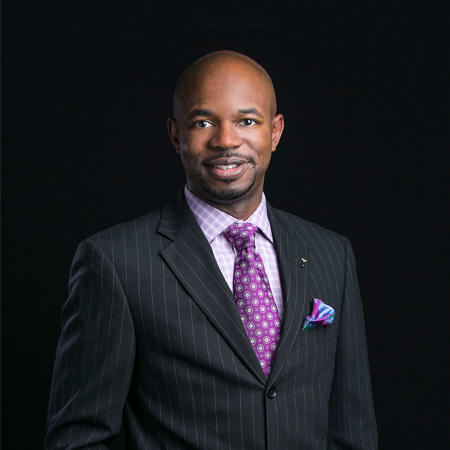
“I was very attracted to the open conversations about race and its impact on students and families."
— Mark Anthony Gooden, Christian A. Johnson Endeavor Professor in Education Leadership
But Gooden wants to make a national impact on the issue he regards as one of the major barriers to the learning and success of students of color: the institutional and cultural racism – conscious and otherwise – of the nation’s predominantly white administrators and teachers. Two years ago, in an article titled Do You See What I See? Fostering Aspiring Leaders’ Racial Awareness, he and coauthor Ann O’Doherty argued that the problem must be addressed at ground zero – through the preparation that aspiring school leaders receive in graduate schools of education. They have since assessed the impact of tasking all students in principal preparation programs with composing “racial autobiographies” – accounts of how they came to acknowledge white privilege and commit themselves to future action – as a first step toward building an awareness of institutional and societal systems of racism and other forms of oppression.
Point of Leverage
If colleges of education are the headwaters for improving school leadership, Teachers College, in Gooden’s view, stands at the headwaters of the headwaters. That’s why, this fall, he uprooted his family and came to TC as Christian Johnson Endeavor Professor in Education Leadership, Director of the Endeavor Leadership Initiative in TC’s Department of Organization and Leadership, and, within that department, Program Director of Education Leadership.
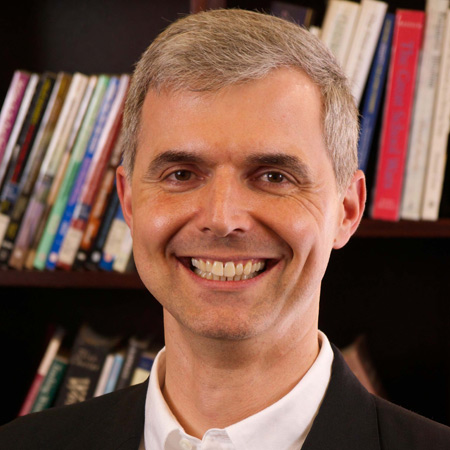
Indeed, Gooden’s focus fits well in a program where self-scrutiny around issues of privilege is already standard operating procedure.
“If we haven’t taught students to unpack their own issues of race, class and gender, how can we teach them to lead others in this conversation?” says Nicole Limperopulos, Associate Director of TC’s Summer Principals Academy (SPA), which helps aspiring school leaders take the next step in their careers.
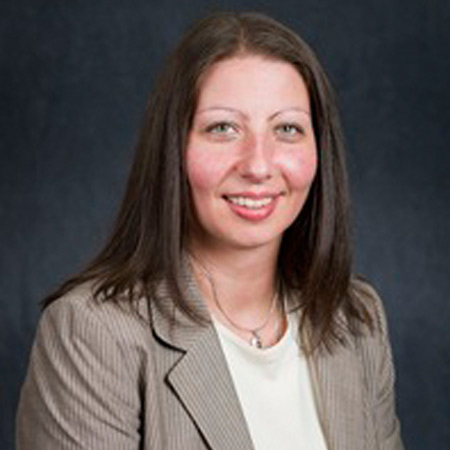
TC today is home not only to SPA, but also the Urban Education Leaders Ed.D Program; the Klingenstein Center for Independent School Leadership; and the Cahn Fellows Program for Distinguished Principals. Alumni include former U.S. Secretary of Education John King; former New York State Education Commissioner Richard Mills; Marcia Lyles, Jersey City Superintendent of Schools; and Merryl Tisch, former Chancellor of the New York State Board of Regents.
Building on Success
Over the past several years, the program has reinforced its position at the forefront of the field, adding highly regarded new faculty to an already diversely stellar cast that includes Klingenstein Director Pearl Kane; Ellie Drago-Severson, a nationally regarded expert on adult learning and leadership, Alex Bowers, a former cancer researcher who applies data-mining techniques to school decision-making; and Eric Nadelstern, former Deputy Chancellor of New York City Public Schools. And recently Nancy Streim, TC’s Associate Vice President for School & Community Partnerships, has become affiliated with the program as well.
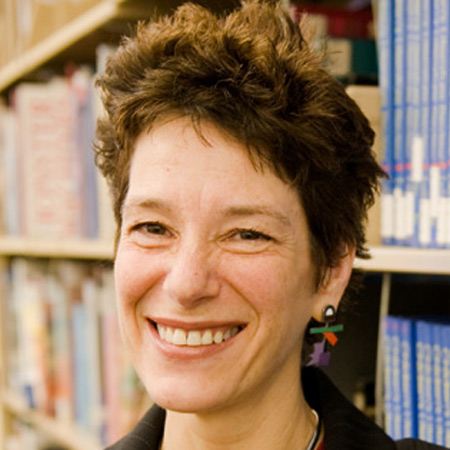
“We pulled in a good cluster hire,” says Bowers, who arrived in 2012.
“We have increased the internal capacity of an already full container,” says Drago-Severson, a 13-year-department veteran. “And it will help us grow together for the benefit of our students.”
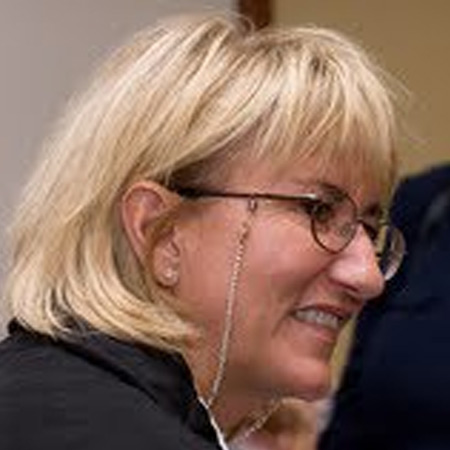
“We have increased the internal capacity of an already full container. And it will help us grow together for the benefit of our students.”
— Ellie Drago-Severson, Professor of Education Leadership and Adult Learning
Young, Professor of Practice in Educational Leadership and Co-Director of TC’s Urban Education Leaders Program, has been recognized with the Massachusetts Association of School Superintendents’ President’s Award and the Cambridge NAACP's Martin Luther King, Jr. Award for his work “to provide an effective, innovative education to all of Cambridge’s children regardless of race or class.” He believes that “No school district can stake a claim to social justice without the foundation of academic excellence. In some cases, some people think that excellence and equity are in competition. My view is that a school cannot claim to be first class until it reaches the intersection of education and equity.”
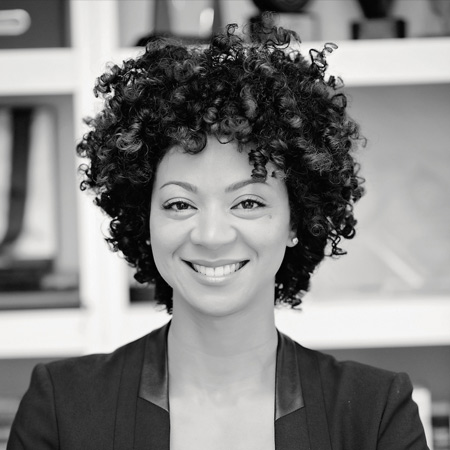
Horsford’s 2011 book Learning in a Burning House: Educational Inequality, Ideology, and (Dis)Integration, features interviews with retired black school superintendents in whose districts, in Martin Luther King, Jr.’s words, the races achieved “physical proximity, but not spiritual affinity.” More recently, at the annual meeting of the Congressional Black Caucus, she convened a panel to explore new visions of black education, leadership, and policy in what she has termed education’s “new Jim Crow” era, a term previously applied to the criminal justice realm by the author and legal scholar Michelle Alexander.
Harmonic Convergence
The convergence of the three most recent newcomers exemplifies TC’s signature blend of theory, research and practice – a mix that Young argues is all too rare.
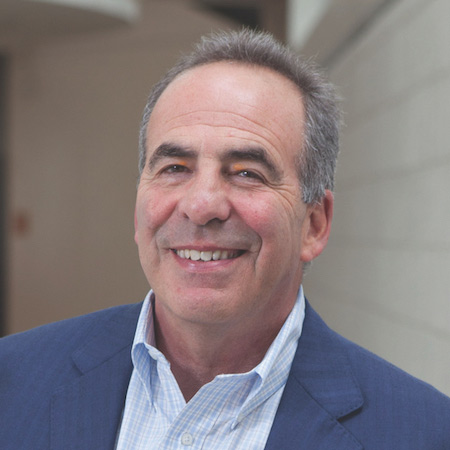
"Some people think that excellence and equity are in competition. My view is that a school cannot claim to be first class until it reaches the intersection of education and equity.”
— Jeffrey Young, Professor of Practice in Education Leadership
“One domain can grow the other,” he says. “Research can lead to more effective practice; in turn, practice in schools should help inform the research agenda. This dynamic creates an upward spiral where the fields of K-12 and higher education continuously learn from and with each other.”
A prime example: Earlier this year Bowers and Gooden coauthored a paper (with Bradley Davis) in American Educational Research Journal that analyzed 17 years of data generated by 11,000 subjects to understand the racial and systemic barriers that contribute to a gap of up to six years before a teacher with obtained leadership skills completes the transition from the classroom to the principals’ office. This kind of work with “predictive analytics and early warning systems” can show cash-strapped schools and districts how to tailor their investments.
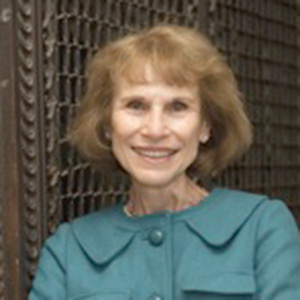
Kane sees bridges being built through the program’s unique embrace of both private and public education, including charter schools.
“Our premise is that we are all part of the same profession,” she says. “And we all share similar goals, including the development in students of moral character and the skills and knowledge to become engaged citizens and contributing members of society.”
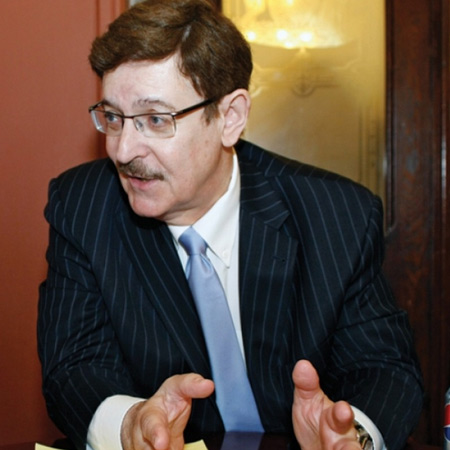
“The job of the principal is to absorb the external slings and arrows and not pass on the distracting outside influences on teachers who need to keep the focus on their students.”
— Eric Nadelstern, Professor of Practice and Director of the Summer Principal's Academy in New York City
Drago-Severson seeks to promote much the same kind of exchange across divides in her latest book, Tell Me So I Can Hear You, co-authored with her former doctoral student Jessica Blum-DeStefano, a TC instructor. Arguing that the study and implementation of leadership is and always should be a work-in-progress, the book outlines a “developmental approach to feedback for growth,” a methodology that draws on the strengths of both the appraised and the appraiser to “inform key practices and interactions throughout our schools and systems.”
Nadelstern, a Professor of Practice with 39 years of service in the New York Public School system, concurs with that approach, though arguing that much of the feedback must come from the bottom up.
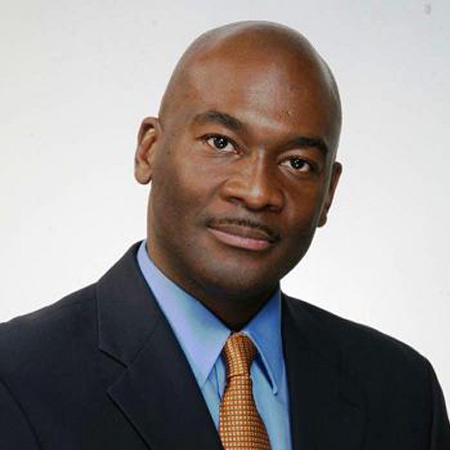
The classroom in that respect also serves as a proving ground for what lies ahead for the teacher transitioning to administrative functions.
“Principals are bombarded on a weekly and sometimes a daily basis with this initiative and that program,” Nadelstern says. “The job of the principal is to absorb the external slings and arrows and not pass on the distracting outside influences on teachers who need to keep the focus on their students.”
Young agrees. The daunting challenge for principals, he says, is to balance leadership and management. Principals exercise leadership by working with a school community to define problems and do the right thing for all students, yet they must also efficiently and effectively execute daily functions such as addressing issues of academics, social/emotional learning, professional development, family engagement and community involvement. The bottom line: “It always comes back to what is best for the 10-year-old sitting in a classroom.” – Steve Giegerich
Published Wednesday, Oct 11, 2017